
Effectiveness of International Agreements in Space
[Q22] Can international agreements effectively protect high-value space assets in time of crisis and/or conflict? How could such a treaty be sufficiently verified? How would it be enforced? How would dual- use technologies be treated? A Virtual Think Tank (ViTTa)® Report. Author(s): Dr. John Stevenson (NSI, Inc.) Summary Response The expert contributors divided nearly evenly […]
Continue Reading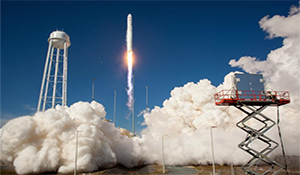
Commercial Space Actors: Disruptors or Solid Partners
[Q12] Will major commercial space entities likely serve as disruptors or solid partners in terms of state national security interests? In the short-term (5-10 years), mid-term (15-20 years), and long-term (25+ years)? A Virtual Think Tank (ViTTa)® Report. Authors: Dr. Allison Astorino-Courtois (NSI, Inc.) and Dr. Belinda Bragg (NSI, Inc.) Summary Response There was considerable […]
Continue Reading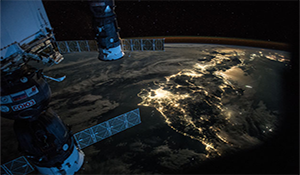
Strategic Risk in the Space Domain
[Q16] Which international actors currently have the greatest strategic risk in the space domain? What affordable non-space alternatives are there to mitigate or avoid that strategic risk? A Virtual Think Tank (ViTTa)® Report. Author: George Popp (NSI, Inc.) Summary Response This report summarizes the input of 15 insightful responses contributed by space experts from National […]
Continue Reading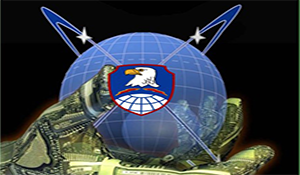
Is US Success Contingent on Dominance in Every Domain
[Q17] As we move into multi-domain conflicts will our success hinge on being successful in every domain or can we lose in one and still be successful in the overall campaign? A Virtual Think Tank (ViTTa)® Report. Author: Dr. Sabrina Polansky (Pagano) (NSI, Inc.) Summary Response Contributors were varied in their responses, with approximately half […]
Continue Reading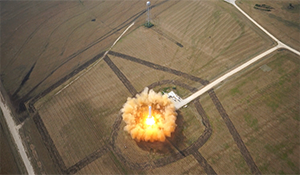
National Security Implications of Space-Launch Innovation
[Q13] What are the national security implications of increasingly accessible and affordable commercial launch services? Are these the same for the US and near-peers or states with emergent space capabilities? A Virtual Think Tank (ViTTa)® Report. Authors: Dr. John Stevenson (NSI, Inc.) and George Popp (NSI, Inc.) Summary Response The experts solicited in this effort […]
Continue Reading
Ally, Adversary, and Partner Use of Space
[Q2] How does each entity in the following categories conceive of space operations for military and commercial purposes? How do they approach space operations and services? Is there any difference in how their commercial ventures (if any) consider security during peace, crisis, and conflict? a. PRC, Russia, Iran, North Korea; b. European Space Agency, Japan, […]
Continue Reading
How Should Space Feature in US Deterrence Strategy
[Q14] How should space feature in US deterrence strategy? How do space operations, policies, and investments impact multi-domain deterrence? What changes to US deterrence thinking are required to incorporate the space domain? To what extent should space adopt deterrence strategies from other domains? Which is the most critical US national security objective: deterring aggression from […]
Continue Reading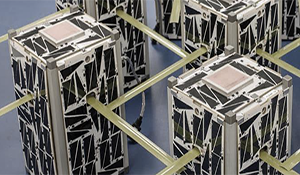
Hindrances Between Private and Gov’t Space Sectors
[Q9] What are the biggest hindrances to a successful relationship between the private and government space sectors? How can these be minimized? A Virtual Think Tank (ViTTa)® Report. Author: Dr. Allison Astorino-Courtois (NSI, Inc.) Summary Response The 33 individuals or teams that provided input represent large, medium, and small/start-up space companies;4 USG civil space agencies; […]
Continue Reading
Allied/Commercial Capabilities to Enhance Resilience
[Q11] What opportunities are there to leverage ally and commercial capabilities to enhance the resilience of space services for commercial and national security critical space services? What are the major hurdles to doing so? A Virtual Think Tank (ViTTa)® Report. Author: Dr. Belinda Bragg (NSI, Inc.) Summary Response The importance of strengthening the resilience of […]
Continue Reading
Motivations and Costs to Contest Uses of Space
[Q3] What are the motivations of nation-state and non-state actors (e.g., violent extremists, etc.) to contest use of space in times of peace, instability, and conflict? What are the political, military, environmental, or social costs associated with acting on those motivations? A Virtual Think Tank (ViTTa)® Report. Author: Dr. John Stevenson (NSI, Inc.) Summary Response […]
Continue Reading